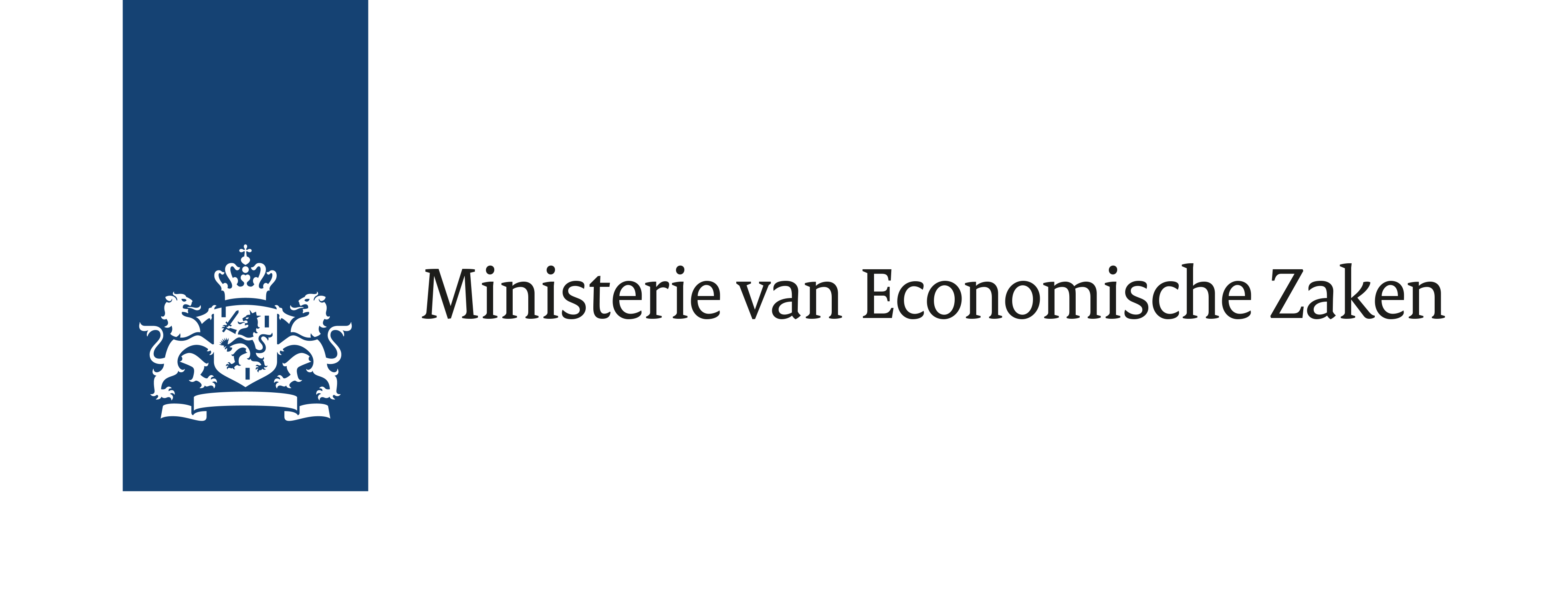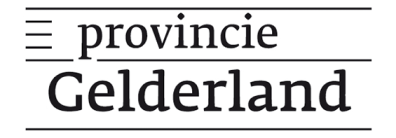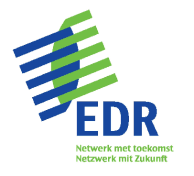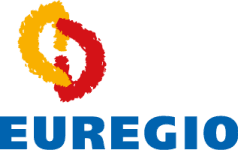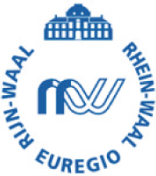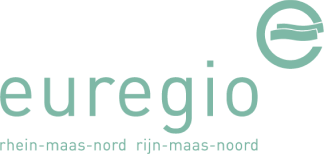The development of peat-free horticultural substrates is of particular importance in the implementation of european and national climate protection targets to reduce greenhouse gas emissions. In Germany, substrates for private user are to be peat-free from 2026, substrates for horticulture largely by 2030 (BMVEL targets 09/2020). In the Netherlands there are phase-out targets too. This poses great challenges for substrate manufacturers and also horticultural businesses and a very high demand for alternative raw materials. Peat CO2 emissions: 250 kg CO2 per m3 of peat (Alterra 2013, WUR)
The Peat Free project therefore has the following goal in terms of a sustainable circular economy: product development of a peat-free, high-quality peat substitute made from particularly fibre-rich digestate, which is obtained from Silphium perfolium through mono-fermentation and further processing methods. The individual process steps are tested and the resulting intermediate products (digestate, fibre material, thin phase) are optimised. Various peat free substitute variants are developed from this and tested for their suitability/quality.
The basis for this is the Silphie, a perennial, drought-resistant, permanent agricultural crop with a long flowering phase. It offers solutions for biodiversity, soil protection, nutrient retension and humus formation. In addition, green energy is produced in the form of biomethane, electricity and heat.
A special focus is the development of cooperation between Dutch and German entrepreneurs and knowledge institutes and the implenentation of a cross-border cluster. Through the networking of raw material producers (farmers, biogas plant operators) and users (substrate industry, horticultural businesses), the transfer of knowledge is to be promoted in the Interreg region and climate-friendly, sustainable process chains for peat-free substrates are to be implemented in the sense of the circular economy and new business models developed. The resulting intermediate products (digestate, fibre material, thin phase) are optimised. Various substitute variants are developed from this and tested for their suitability/quality. Environmental aspects are given special consideration during cultivation and utilisation.

